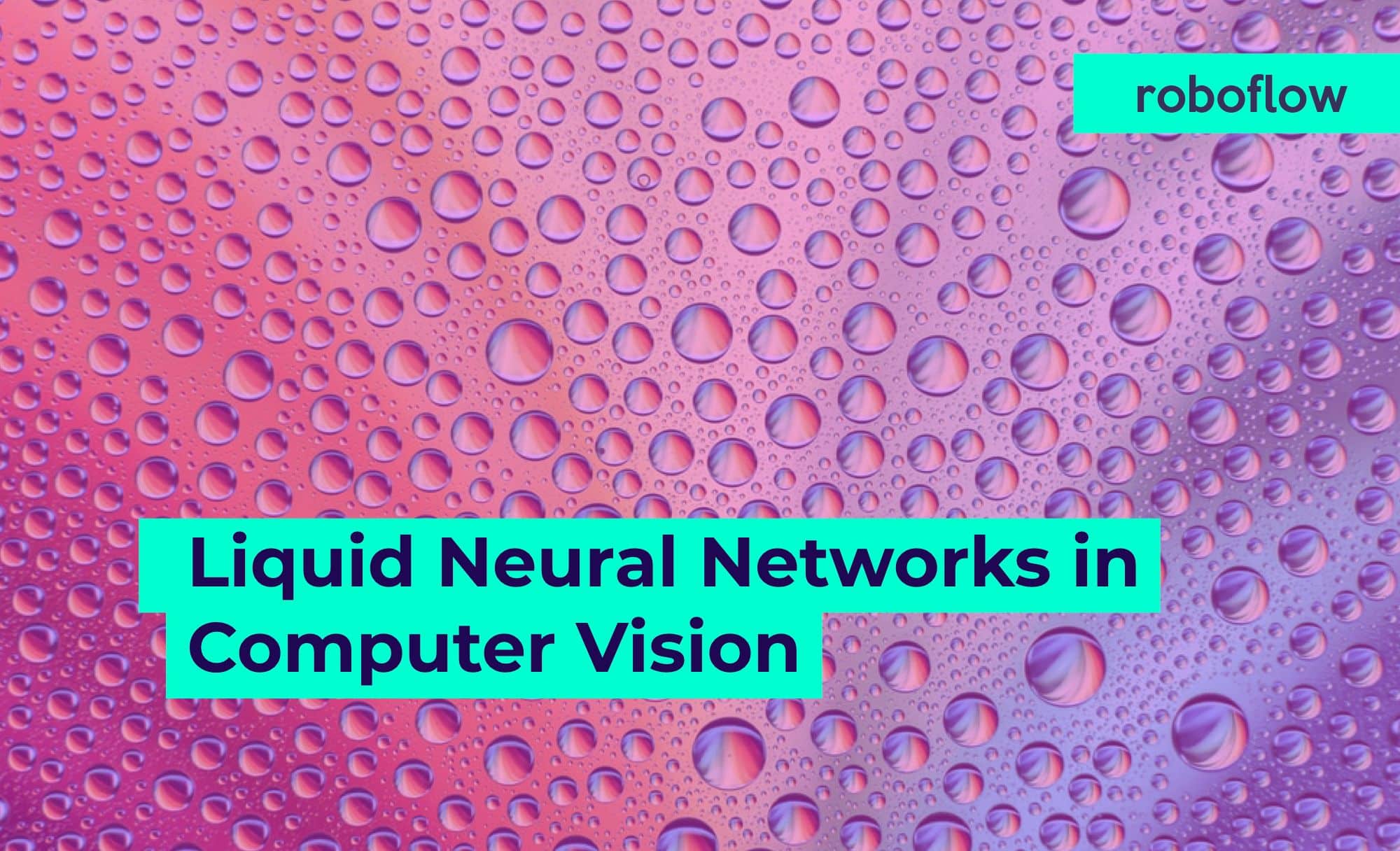Introduction to Liquid AI's New LFM-Based Models
Artificial intelligence startup and MIT spinoff Liquid AI Inc. has recently introduced a groundbreaking set of generative AI models. These new models, named Liquid Foundation Models (LFMs), have been designed with a unique architecture that sets them apart from traditional models in the market.
The Innovation Behind Liquid Foundation Models
The team behind Liquid AI Inc., consisting of researchers from the Massachusetts Institute of Technology, have developed LFMs to offer high performance that rivals, and potentially surpasses, existing large language models. These LFMs are based on liquid neural networks, a novel concept that differs significantly from current models like OpenAI's GPT series and Google LLC's Gemini models.

Unlike their counterparts, Liquid AI's LFMs prioritize both efficiency and capability. They are engineered to operate across various scales, from edge devices to enterprise-level deployments, making them versatile for organizations of all sizes.
The Technology Driving LFMs
Liquid AI's LFMs leverage dynamical systems, numerical linear algebra, and signal processing to handle diverse types of sequential data such as text, audio, images, video, and signals. This robust foundation enables the models to deliver exceptional computing power while utilizing minimal system memory.
Performance and Applications of LFMs
Since its inception, Liquid AI has secured significant attention, particularly after raising $37.6 million in seed funding. The company's LFMs, based on the Liquid Neural Network architecture developed at MIT, offer enhanced efficiency by achieving comparable computing tasks with fewer artificial neurons.

Among the three models launched by Liquid AI, LFM-40B stands out as a powerful model with 40.3 billion parameters, designed for cloud servers to tackle complex use cases. These models have already demonstrated state-of-the-art results, showcasing their potential as formidable competitors in the AI landscape.
Availability and Future Prospects
Liquid AI is granting early access to its models through platforms like Liquid Playground, Lambda, and Perplexity Labs, allowing organizations to integrate LFMs into their AI systems for testing and evaluation. The company is also focused on optimizing the models to run efficiently on hardware from leading tech companies.




















